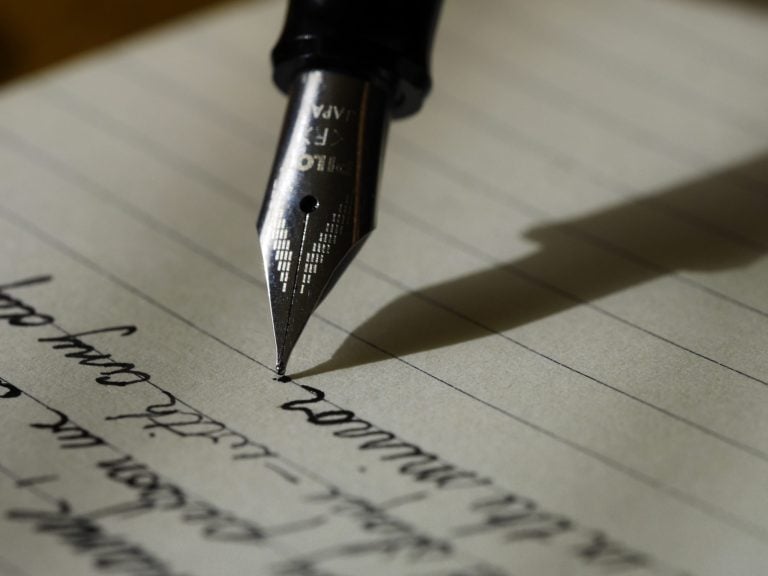“Life imitates art.”
— Oscar Wilde
“Dear Diary” is how I begin every foray into the past.
I penned my very first entry — dated “July 25th, Year of Our Lord 1137” — in first grade. Already a future queen at age 15, I became a bride and a duchess — Eleanor d’Aquitaine — that summer day in Bordeaux. Although youthful commentary pervaded my account of the event, it remained remarkably grounded in historical details, rock crystal vase wedding gift and all.
Soon, my entries became even more self-indulgent: I went from Grand Duchess Anastasia to Queen Isabella to Empress of Heaven Wu Zetian. Working with established events and solid structures gave me a jump-start into the world of writing historical fiction.
Then, as the pages of my notebooks filled up, I began to seek greater autonomy in my adventures, occupying progressively peripheral characters. I found that I preferred to write from the perspective of Eleanor’s sister Petronilla over that of Duchess-Consort-Regent herself. I opted for an observant Gracchi servant over her mistress Cornelia. I invented my own characters, taking on the role of an anonymous steerage passenger who survived the maiden voyage of the Titanic.
With these historical liberties, my compositions grew in complexity. Poring over the thick volumes I hauled home from the library, I spun narrative threads to pick up where my history books ended. Through meticulous historical research, I cultivated my curiosity and creativity, developing intricate conspiracies in Wars of the Roses England and improvising meddahs to spice up (pun intended) my travels along uncharted Ottoman Empire trade routes.
I have always been fascinated by perspective, as there is a certain wonder in understanding the exchange of experience. But why learn from the experiences of a single person when there are endless opportunities to learn from those of multiple? I want to compose ci poetry with Yan Jidao, master sculpting with the Ancient Egyptians, analyze circles with Archimedes and paint with the Impressionists at Café Guerbois all at once.
Writing alternate history inspires me to ask questions and seek answers in unconventional ways. My whimsical wonderings — what if Anne Boleyn had given birth to a son? — have eventually evolved into intellectual inquiries — why would a courtesan instigate a rebellion against the Great Tang?
Flipping through my notebooks isn’t just a tour in time; it’s a trek through personal progress. I dive down the deep end while conducting explorations of the past as well as the people it contains. To me, my narrators are much more than mere historical figures. I live words and worlds while bringing my characters to life, their tales transcending time as my imagination runs rampant. These deeply immersive investigations are anything but insular, for they challenge me to grow as both a writer and an individual. While burrowing between the pages of my notebooks, I have not only gained perspicacity but also empathy. During these journaling sessions, my pen opens portals to new knowledge. I know from experience — fictional and figurative — that it is mightier than any sword.
I am starting to think that the idea of being “lost in thought” is a paradoxical one. Rather, it is in thought that we find, for thought spawns inquiry and inquiry will ultimately give way to understanding. Now, character arcs are ingrained in me like iambic pentameter or chord progression. Now, the dialogues I draft inform every subsequent real-world interaction. Now, a hobby has become my way of life.
Life imitates art, and my imagination has indeed rendered me all the more insightful in each and every encounter. Storytelling is sacrosanct, no matter the narrator: “Dear Diary” will forever remain the steadfast lens through which I fathom the world.
